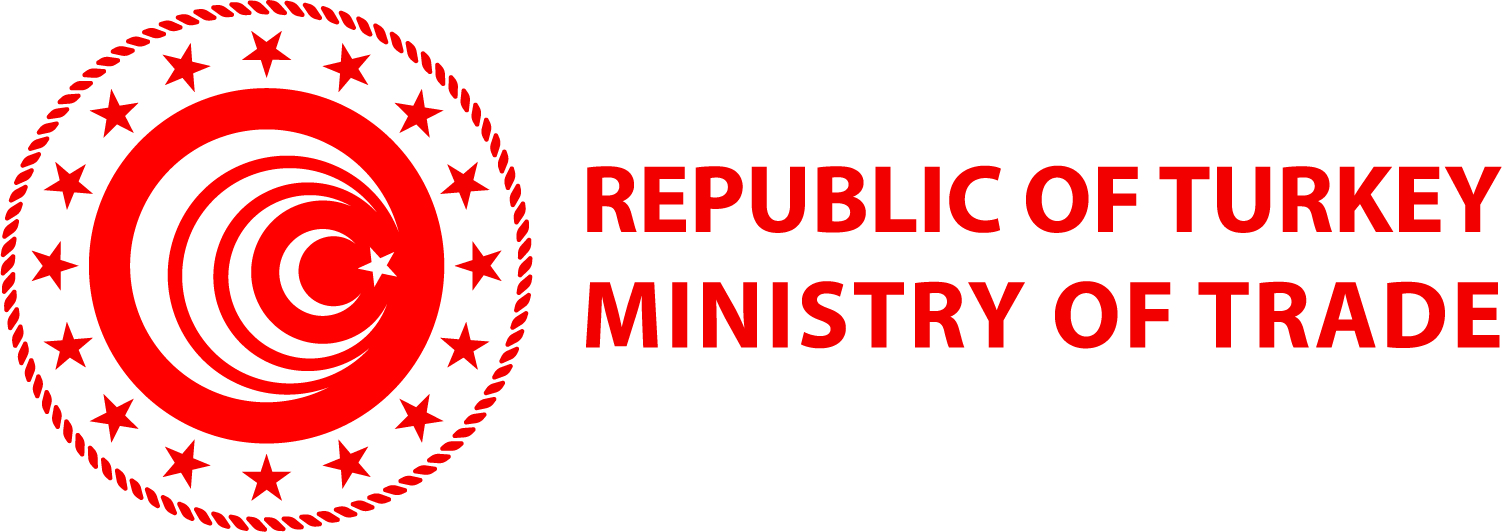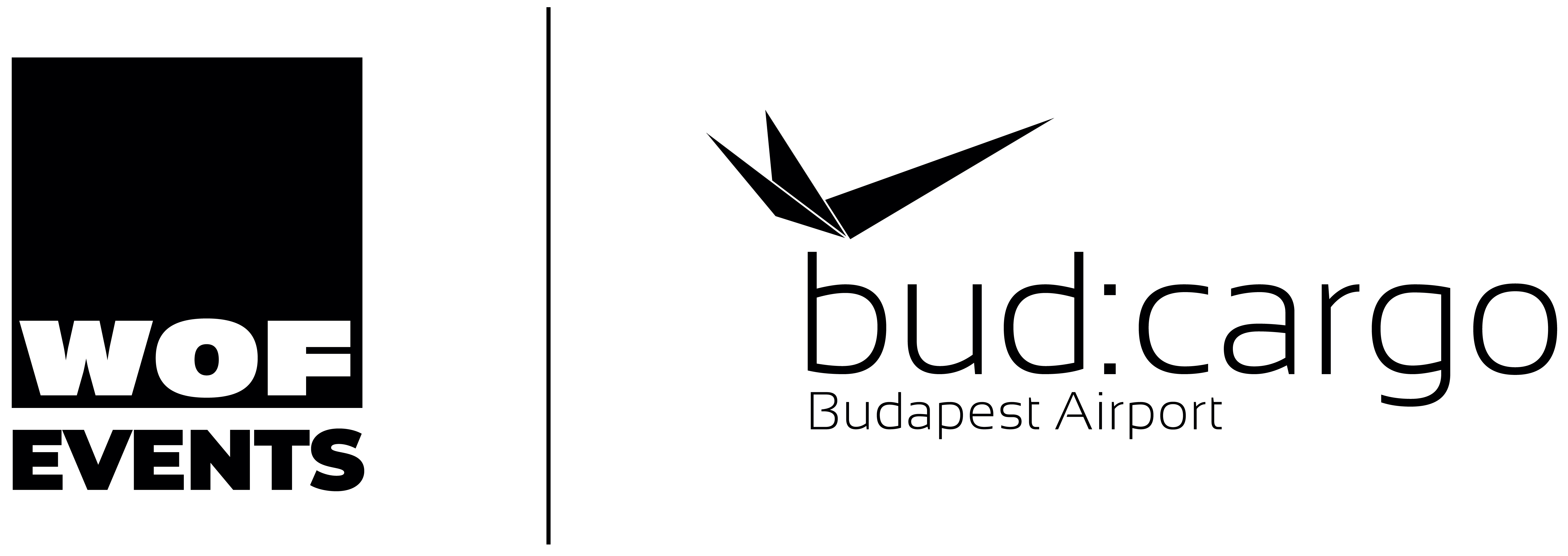INTERVIEW WITH Nihan ODABAŞI ŞANSEVER
| Mrs. Nihan ODABAŞI ŞANSEVER is the Commercial Counsellor of Turkey in Slovakia, being responsible for developing business and trade relationships between Turkey and Slovakia. She holds an MSc degree in Statistics from Ankara University and an MA degree in Economics from Boston University. Remarkably, Mrs. ODABAŞI ŞANSEVER has been doing her PhD in Applied Mathematics Institute of Middle East Technical University working on export potentials of countries. She chose a career path in public sector and her journey began in the Republic of Turkey Ministry of Trade in 2008. Working as a Trade Expert under the General Directorate of Trade Research since then, Mrs. ODABAŞI ŞANSEVER aims to further increase the volume of bilateral trade and the development of economic cooperation between Turkey and Slovakia. |
| 1. Countries from the CEE region definitely understand the importance of the trade cooperation and strategic support of Turkey. What are the main import and export items between the CEE region and Turkey at the moment? The trade volume between Turkey and CEE region (Bulgaria, Czech Republic, Estonia, Hungary, Lithuania, Latvia, Poland, Romania, Slovenia, Slovakia) surpassed 29 billion USD in 2020 with year-on-year increase of 1.6%. In 2020, Turkish exports to CEE countries reached to 15.1 billion USD and the region constituted 8.9% of total Turkish exports whereas Turkish imports from CEE region amounted to 14.3 billion USD with a 6.5% share of total Turkish imports. In terms of Harmonized System (HS) chapters, motor vehicles and their parts thereof were the most important export and import item of Turkey in CEE market with a trading volume of over 6 billion USD. Non-electrical machinery and mechanical appliances by a trading volume of 4.1 billion USD, electrical machinery and equipment by 2.5 billion USD, iron and steel by 1.8 billion USD, plastics and articles thereof by 1.3 billion USD, articles of iron and steel by 1.1 billion USD followed motor vehicles respectively. 2. In order to increase the trade volume and export, the existence of Free Trade Zones is highly beneficial. Could you please tell us about the advantages of Free Trade Zones and what impact do they have on the Turkish trade? Turkish Free Zones are close to the EU and Middle East Markets, adjacent to the major Turkish Ports on the Mediterranean, Aegean and Black Sea and have easy access to international airports and highways. Infrastructure of the Turkish Free Zones is competitive with international standards. Turkish Free Zones, particularly for the companies which manufacture for export, offer supply chain management opportunities in providing intermediate and raw materials. The incentives and advantages provided in free zones are available to all firms regardless of their origin. The goods can remain in the zones without any time limit. Every payment in the Turkish Free Zones is done with convertible currencies. The revenue and earnings from free zone activities can be freely transferred to Turkey or abroad without any permission. In contrast to most of the free zones in the world, sales to the domestic market are allowed with the exception of consumer and risky products. Bureaucracy is minimized during application and operation process. Professional private sector companies manage free zones. Free Trade Zones facilitate foreign trade. Since the goods sold from Turkey to free zones are subject to export regime, free zone users can buy goods and services from Turkey without paying value added tax. On the other hand, trade between free zones and third countries is not subject to foreign trade regime. Free Trade Zones present opportunities to benefit from tax advantages for manufacturers (i.e. exemptions from income or corporate taxes, stamp duties and fees). They provide medium and long term validity periods of operating licences. The goods in free circulation can be sent to Turkey or to the EU countries from free zones without any customs duty payment. Moreover, no customs duty is applied on the goods of third country origin at the entrance of free zones and on the exit to third countries. Since free zones are part of the Turkey-EU Customs Territory, the goods in free circulation can be sent to the EU Countries by an A.TR certificate. Customs duties for the goods of third country origin are also not paid at the entry into free zones. However, the goods of third country origin that are not in free circulation can be sent to EU countries by an A.TR certificate only after customs duties are paid over the rates determined in Common Customs Tariff. In Turkish Free Zones, unless the manufacturers demand, any authority regarding prices, quality and standards granted to public institutions and agencies by law or by other legislation is not valid. Legislative provisions pertaining to customs and foreign exchange obligations are also not applicable in free zones. In addition to our conventional free zones, as Ministry of Trade, we are working on a new concept with exclusive emphasis on clustering and specialization in certain sectors. In accordance with this vision, we have been working on establishing free zones specialized in goods and service sectors that objectivize R & D intensive, high technology and high added value activities. In this context, in order to reflect the advantages applied for current users in free zones to the technology intensive, high value-added goods and service sectors such as IT and software programming, a President Decree, dated 09/06/2020 has been issued on incentivizing service sectors in specialized free zones. In addition to mentioned President Decree, Istanbul Specialized Free Zone has been established as a designated zone for IT and software programming sectors and has started to accept applications. 3. The existence of Free Zones goes hand in hand directing the enterprises towards export. Modernization of the export structure is one of the main goals of the Turkey’s Export Strategy for 2023. What steps have been taken by Turkey when it comes to the digitalization and application of advanced technologies in this field? Due to the pandemic that affected the whole world, movement and contact possibilities of the business world is restricted globally. Within the scope of the measures taken against the pandemic, many organizations such as trade fairs, trade delegations and buyers mission delegations, which are among the most important instruments to develop trade, were postponed or cancelled. This situation brought digital marketing methods to the fore once again. Under the scope of digitalization and advanced technologies, Turkish Ministry of Trade has implemented many innovative projects so far: |
- Virtual trade delegations and virtual fairs are being implemented to keep the trade alive during the pandemic.
- Virtual Trade Academy, a platform which gives free training in order to increase commercial literacy in all segments of the society, from students to housewives, was initiated.
- Easy Export Platform, a platform established by using artificial intelligence to support export ecosystem and to help entrepreneurs to find new or complementary or potential products/markets to export, was introduced.
- Easy Support Portal, the scope of which is to obtain information to the firms about export incentives step by step and to increase the number of companies benefiting from supports, was established.
- Within the framework of the vision of “Paperless Customs”, Digital Customs Application in Export, Single Window System, Container and Port Tracking System, Customs Guide, Customs Tariff Search Engine, Free Zones Information System and Pre-Arrival Clearance Project were implemented.
- Electronic Commerce Information System (ETBİS) were implemented in order to inform all stakeholders in the sector and to raise awareness about e-commerce and to develop effective policies in e-commerce in Turkey.
- Electronic Commerce Information Platform is another project related to ETBİS. The platform has become an information resource for those who want to move their business to digital environment. In the “E-Commerce Academy” section on our platform, there are 33 training videos and 74 training documents under 8 main topics ranging from the establishment of e-commerce sites to e-export.
- The Trust Mark system was created in order to eliminate the concerns about security, privacy and service quality in e-commerce sector. The Trust Mark system will have a positive effect especially on small businesses to give confidence on their customers and therefore it will make it easier for them to open up to new markets and reach new customers which might provide a positive contribution to our e-exports. At present, 24 e-commerce sites have been successfully got Trust Mark on their e-commerce platform, and we keep working on to increase this number.
- Export Academy and Women and Young Entrepreneur Network programs were established in revealing the export potential of women and young entrepreneurs.
- Foreign Representation Management Information System together with Commercial Counsellor Consultation platform were put into force to facilitate and activate the communication of business world with commercial counsellors/attachés in order to ensure rapid information sharing and coordination.
4. What is your opinion about the position of Turkey and Turkish firms at WOF EXPO? Turkey has all kinds of resources and infrastructure to take part more strongly in new investment and production networks in harmony with the transformation in global value chains. COVID-19 crisis has activated deep fault lines in the functioning of global value chains. It has created breakages in the model of high interdependence between global companies and their suppliers located on different continents. Instability in production and logistics costs because of the pandemic also forced companies to review plans and restructure themselves. Producers in the US and the EU have a tendency to bring suppliers to domestic or adjacent regions and to increase localization. At this point, Turkey has plenty of advantages to take a role in the transformation of global value chains. Turkey has the potential to become one of the best nominees of alternative suppliers in the new normal. Turkey’s geostrategic location together with the dynamism of its economy and the success of its companies pave the way for the country to bring benefits to the entire region and beyond. In the light of these developments, WOF EXPO will be a great opportunity for Turkish companies to meet with their counterparts and to facilitate networking in the area of logistics and supply chain management solutions.
 | trade-gov.tr |

